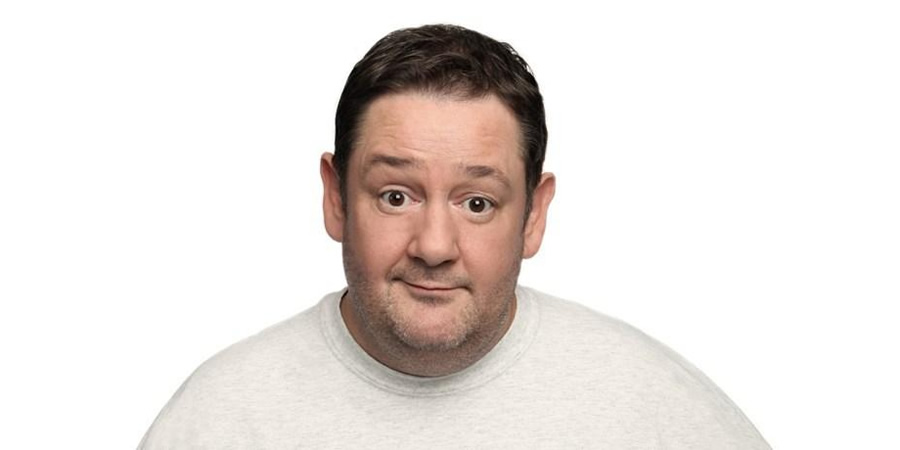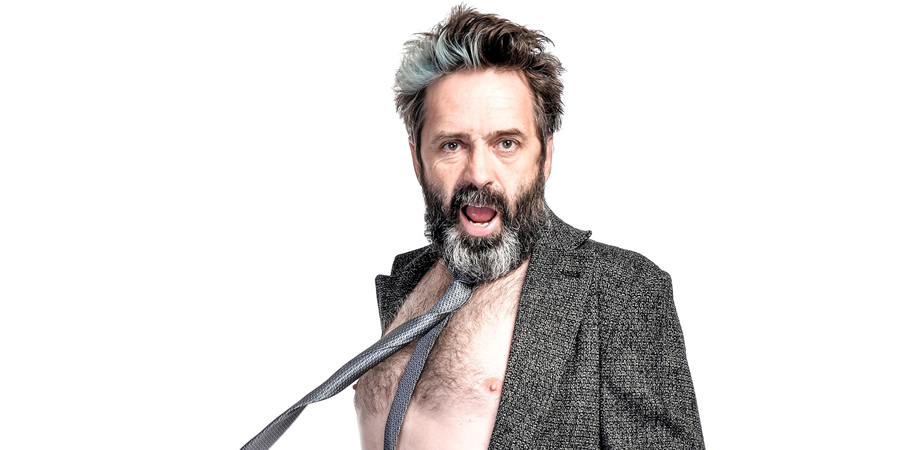Family Strife, Family Ties, or Family Matters?

Loved ones and live comedy don't always mix.
Have you ever wondered how comedians' families feel about their dirty laundry being aired in public every night? Metaphorically speaking, that is: it's very rare that a comic actually starts hanging out the other half's washing on stage - although it might actually work pretty well, as some of those stages get flipping hot, under the lights. If you were compering you could hang out the undies on one of those vertical clothes dryers at the back of the stage during the intro section, and it would probably all be dry by the end. That's just sensible energy efficiency.
We all know of comics that openly mine their folks for the funnies: Greg Davies named a show after his mum, for example, while others regularly reference their wives and husbands, and even rubbish their kids - or other people's. One acclaimed female comic has a terrific bit about how much she loves her nephew - and hates her niece. How does that go down with the parents?
Even if the performers usually ramble on about themselves, it must often be an awkward gamble to say anything. Imagine that, say, Johnny Vegas has a brother - let's call him Leo Vegas, who's doing alright for himself running the LeoVegas mobile casino, where you can play casino games. Watching your sibling have a mid-show meltdown must be tricky, as you can hardly go up and offer support while they're on stage. In the case of Vegas, of course, that stage character is a persona with a different name and life to the real Michael Pennington; but it's hard to tell what's real when they're in the throes of it. Many a true word.

Phil Nichol's 2015 show I Don't Want to Talk About It, for example, was all about a recent break-up and had a brilliant twist at the end, in which Phil appeared to be having a minor breakdown, as he disappeared out of a side door in tears while a member of the audience sang a song onstage, a little too well for his liking.
Now, those of us who knew Phil a bit from interviews and the like must have all sat there thinking 'should I go and see if he's alright?' So imagine if a proper loved-one was in the audience, which they may well have been at some point. It'd be like those amateur boxing bouts where the mum leaps up and belts the guy's opponent.
It perhaps is no surprise that many comedians prefer their families and friends not to come to shows, because it's hard to really hit the heights when you're wondering about the reactions of your significant others. Similarly, many people can't stand watching their partners perform, partly because the subject matter may be awkward, but also the anguish if they bomb, or get heckled, or both.
It's probably a self-fulfilling prophecy, in fact, as a comic is arguably more likely to have a weird, stilted gig when the other half is there; particularly if their best gags are about them. No wonder so many comics go out with each other: they're the only people who really understand. Then one gets more popular than the other, tensions rise, and they break up anyway. Still, it's all good for material.
